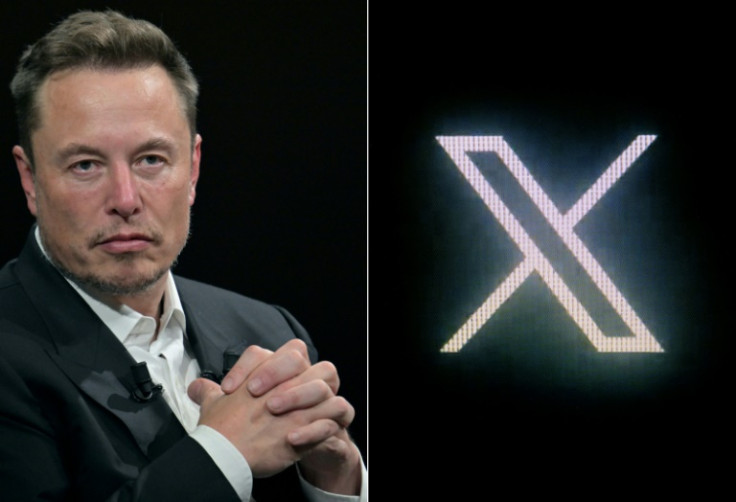
Campaigners have slammed Elon Musk's X for granting subscriptions to terrorist groups and other organisations that have been banned from operating in the US.
According to a Tech Transparency Project report, the terror group affiliates were given blue check marks – a symbol that makes for longer posts, better promotion and account verification.
The subscription perks are also meant to indicate that the identity of the account owner has been verified.
Since publishing its findings in a report that exposed X for giving terror affiliates verification marks, the Tech Transparency Project told reporters that X has removed the blue ticks from the identified accounts.
While many of those who have received blue check marks are journalists, celebrities and world leaders, some cases saw people who have been sanctioned in the US obtaining a verification symbol.
"The US imposes sanctions on individuals, groups, and countries deemed to be a threat to national security. Elon Musk's X appears to be selling premium service to some of them," the Tech Transparency Project wrote in its report.
One of the accounts that was identified in the Tech Transparency Project report was being run by Ansar Allah – known as the Houthis.
An investigation into the Houthi rebels, a Yemeni Shia Islamist group that has been sanctioned in both the US and UK, found that the proscribed terror organisation is most likely funded primarily by Iran.
The UK government confirmed on its website that the Houthis group have been sanctioned "to disrupt their ability to attack international shipping in the Red Sea, and to promote Yemen's peace, stability and security".
While the check mark has been removed from the Houthis account, the profile has more than 23,000 followers.
The Tech Transparency Project also found that individuals linked to the proscribed terrorist group Hezbollah, known to operate in Lebanon, also had their accounts verified.
The Tech Transparency Project also exposed another account, which included "the name and profile image of Hassan Nasrallah, the Secretary General of Hezbollah", that had been "ID-verified".
"X requires users to submit a government-issued ID and a selfie to get verified in this way, though it is unclear if Nasrallah did so," the Tech Transparency Project report added.
The online news and social networking site was also criticised for allowing sanctioned persons to obtain subscription perks considering it boosted the platform of a dangerous individual and violated US sanctions law.
In 2022 Musk made the decision to charge for future verification marks, one of the most controversial changes that he has made to Twitter, since then, critics have slammed the CEO of Tesla Motors for risking more disinformation and impersonators.
With regard to X users being able to pay for verification perks, the Tech Transparency Project said: "X may be raising new legal issues."
In response to the Tech Transparency Project report, X's safety and security team claimed that its subscription process was "adhering to legal obligations". The firm's team also said that the verification process was independently screened by X's payment providers.
X also fired back at the critics with a post on its platform.
The post read: "Several of the accounts listed in the Tech Transparency Report are not directly named on sanction lists, while some others may have visible account check marks without receiving any services that would be subject to sanctions."
Once it had reviewed the Tech Transparency Project report, the online news and social networking site went on to note that it would "take action if necessary".
The Tech Transparency Project later replied to the criticism of the report, saying that although some of the organisations had not been named on the US or UK sanctions list, they were owned by entities that are under US sanctions.







